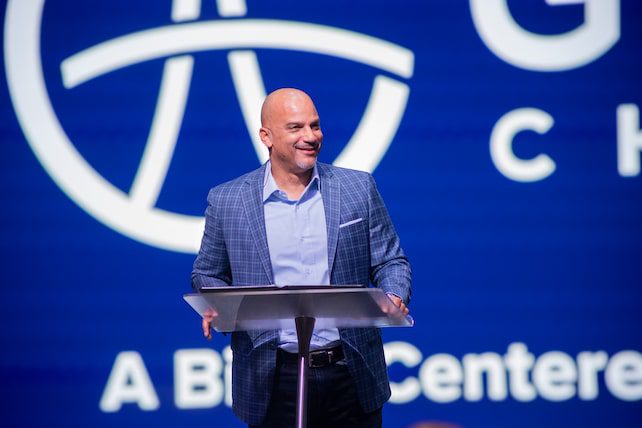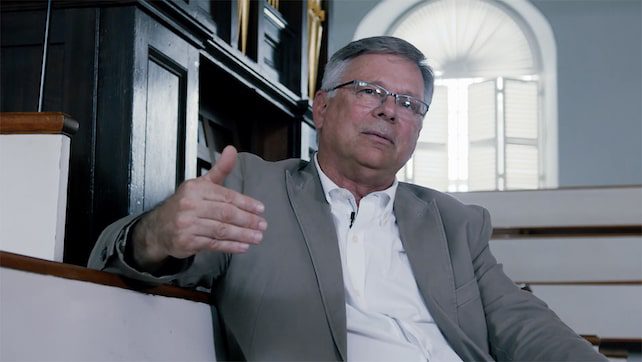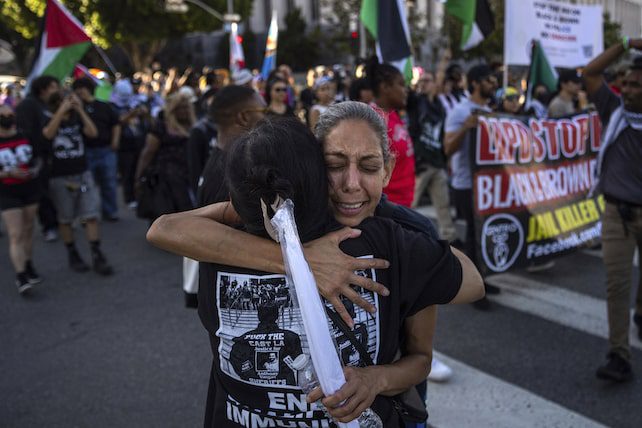“We’re entering deeply into each other’s story and finding some deep points of resonance,” said Kim, who is Asian American, recalling a small-group discussion he had with Native American, African American and Jamaican American leaders that has led to greater attention and activism on policy issues such as water rights and deportation threats.
Bishop Derek Grier, the founder of the upcoming third annual National Unity Weekend—a Christian event aimed to facilitate unity among different races and ethnicities—said “only time will tell” if religious efforts focused on intentional interactions between evangelical leaders of different racial and ethnic groups will lead to a lasting solution.
More than 100 churches across two dozen states have signed up for the events of the weekend from June 7-8, which will feature churches distributing food in predominantly minority communities with the help of charities such as the faith-based Convoy of Hope. A similar number of churches took part in 2023 and 2024, he said.
“Last year, we distributed over 100,000 pounds of food,” said Grier, who is Black. “This year, we hope to do almost as much, however, we’ve expanded it to include shoes and haircuts.”
But the organization’s related “Let’s Talk” Zoom discussions that began in 2022, with Asian, African American, Hispanic and white evangelical leaders discussing personal experiences, have lost participation over time, Grier said. They used to attract around 60 people and now have about half that many logging in to the regular sessions.

Marshall Blalock, a member of the steering council of Unify Project, a racial reconciliation initiative started by two former Southern Baptist Convention presidents, said he is concerned it may be difficult for some clergy to broach topics related to race relations due to the current political climate.
“Some of the politics of our country right now have labeled certain efforts toward racial reconciliation in political terms, and that’s made pastors more reticent to help push toward the racial reconciliation for fear of being labeled in some way,” Blalock said.
He has pastored First Baptist Church of Charleston, South Carolina, for 28 years and said his congregation is used to his preaching about bridging divides.
“It’s not always easy to take this path, but it’s also true that I believe the gospel requires us to take this path,” he said.
Unify Project focuses on building relations between local pastors of different races, encouraging them to meet over meals and build trust as they determine ways to help their communities by gathering their congregations together at least once a year and working on joint service projects at least annually.
“Unify doesn’t make statements that would polarize anybody,” Blalock said, adding he and other project leaders are working to help restart some reconciliation efforts that have stalled.


